Researchers have successfully developed the technology that can accurately segment different body organs by effectively learning medical image data used for different purposes in different hospitals, which is expected to greatly contribute to the development of large-scale medical AI models in the future.
New AI model uses federated learning for multi-organ segmentation based on medical image data retrieved 20 May 2024 from https://medicalxpress.com/news/2024-05-ai-federated-multi-segmentation-based.html
This document is subject to copyright. Apart from any fair dealing for the purpose of private study or research, no part may be reproduced without the written permission. The content is provided for information purposes only.Use this form if you have come across a typo, inaccuracy or would like to send an edit request for the content on this page. For general inquiries, please use ourThank you for taking time to provide your feedback to the editors.
Your feedback is important to us. However, we do not guarantee individual replies due to the high volume of messages.to let the recipient know who sent the email. Neither your address nor the recipient's address will be used for any other purpose. The information you enter will appear in your e-mail message and is not retained by Medical Xpress in any form.Get weekly and/or daily updates delivered to your inbox.
Medicine Research Health Research News Health Research Health Science Medicine Science
United States Latest News, United States Headlines
Similar News:You can also read news stories similar to this one that we have collected from other news sources.
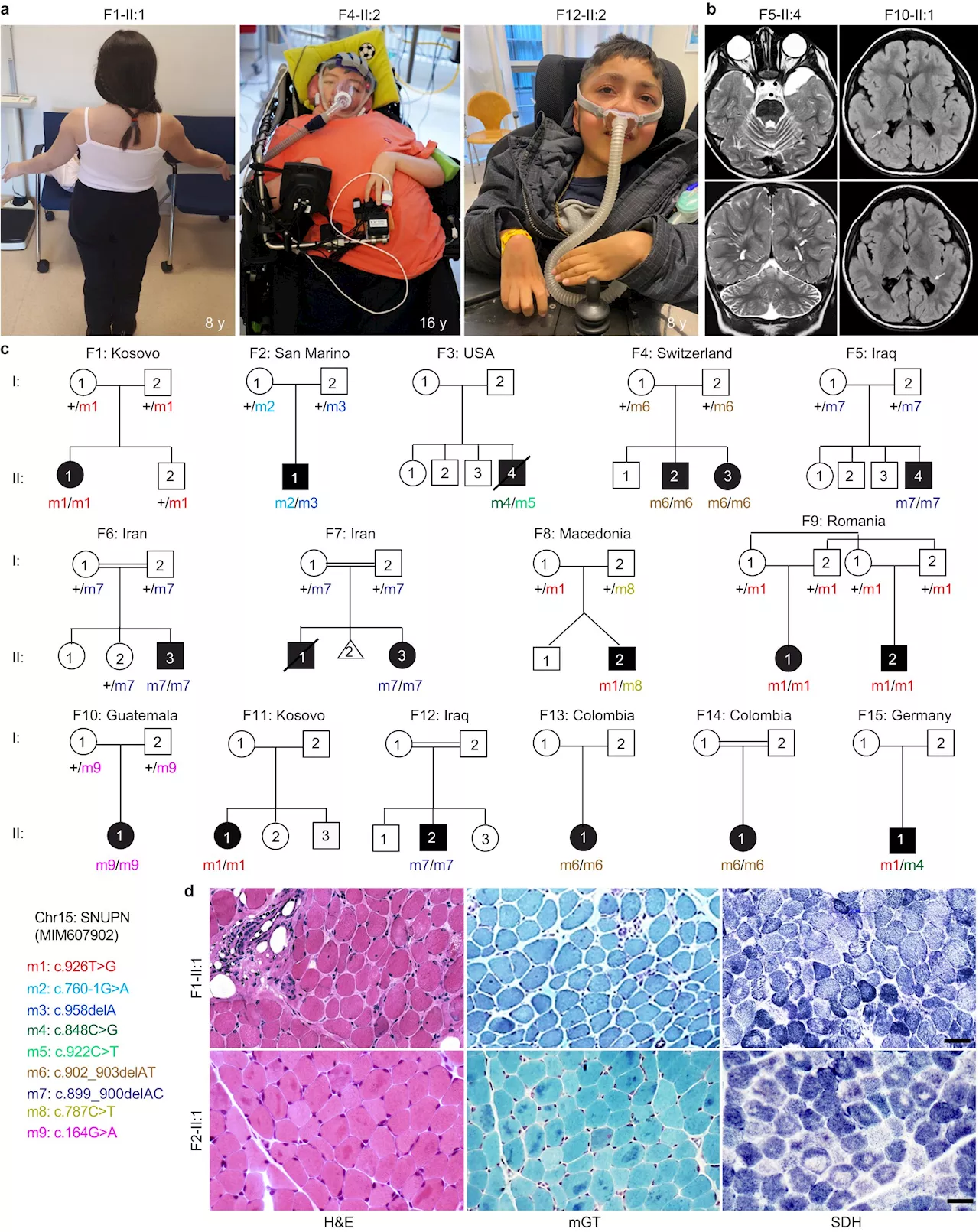 Researchers uncover SNUPN gene responsible for a new muscular disorderA study, published in Nature Communications, sheds light on a newly identified subtype of muscular dystrophy, revealing an unsuspected role of SNUPN gene in muscle cell function.
Researchers uncover SNUPN gene responsible for a new muscular disorderA study, published in Nature Communications, sheds light on a newly identified subtype of muscular dystrophy, revealing an unsuspected role of SNUPN gene in muscle cell function.
Read more »
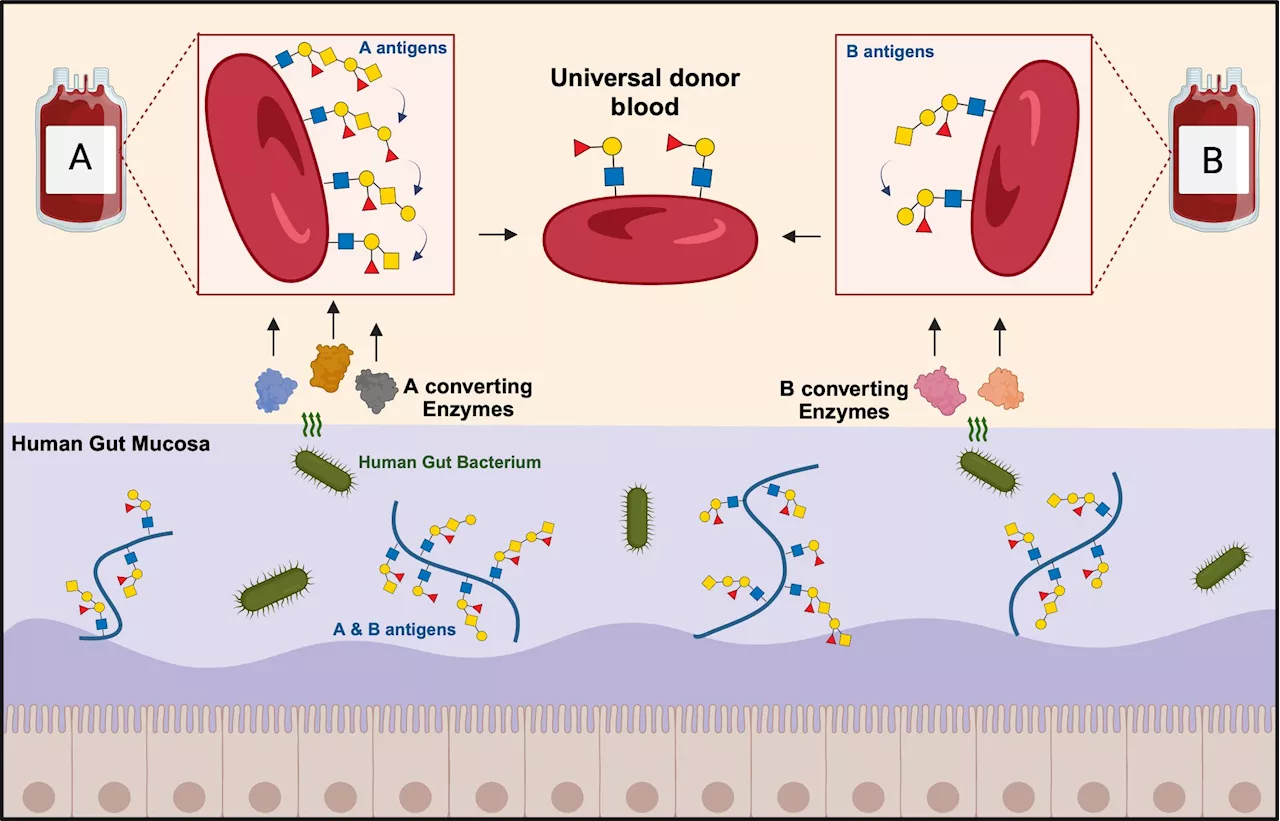 Researchers discover enzymes that open new path to universal donor bloodThe quest to develop universal donor blood has taken a decisive step forward. Researchers at DTU and Lund University have discovered enzymes that, when mixed with red blood cells, are able to remove specific sugars that make up the A and B antigens in the human ABO blood groups. The results have been published in the journal Nature Microbiology.
Researchers discover enzymes that open new path to universal donor bloodThe quest to develop universal donor blood has taken a decisive step forward. Researchers at DTU and Lund University have discovered enzymes that, when mixed with red blood cells, are able to remove specific sugars that make up the A and B antigens in the human ABO blood groups. The results have been published in the journal Nature Microbiology.
Read more »
 Researchers explore new cell target for cystic fibrosis treatmentA team of University of Saskatchewan (USask) researchers are exploring the role of a newly identified cell type in cystic fibrosis (CF), which could lead to effective new types of treatment.
Researchers explore new cell target for cystic fibrosis treatmentA team of University of Saskatchewan (USask) researchers are exploring the role of a newly identified cell type in cystic fibrosis (CF), which could lead to effective new types of treatment.
Read more »
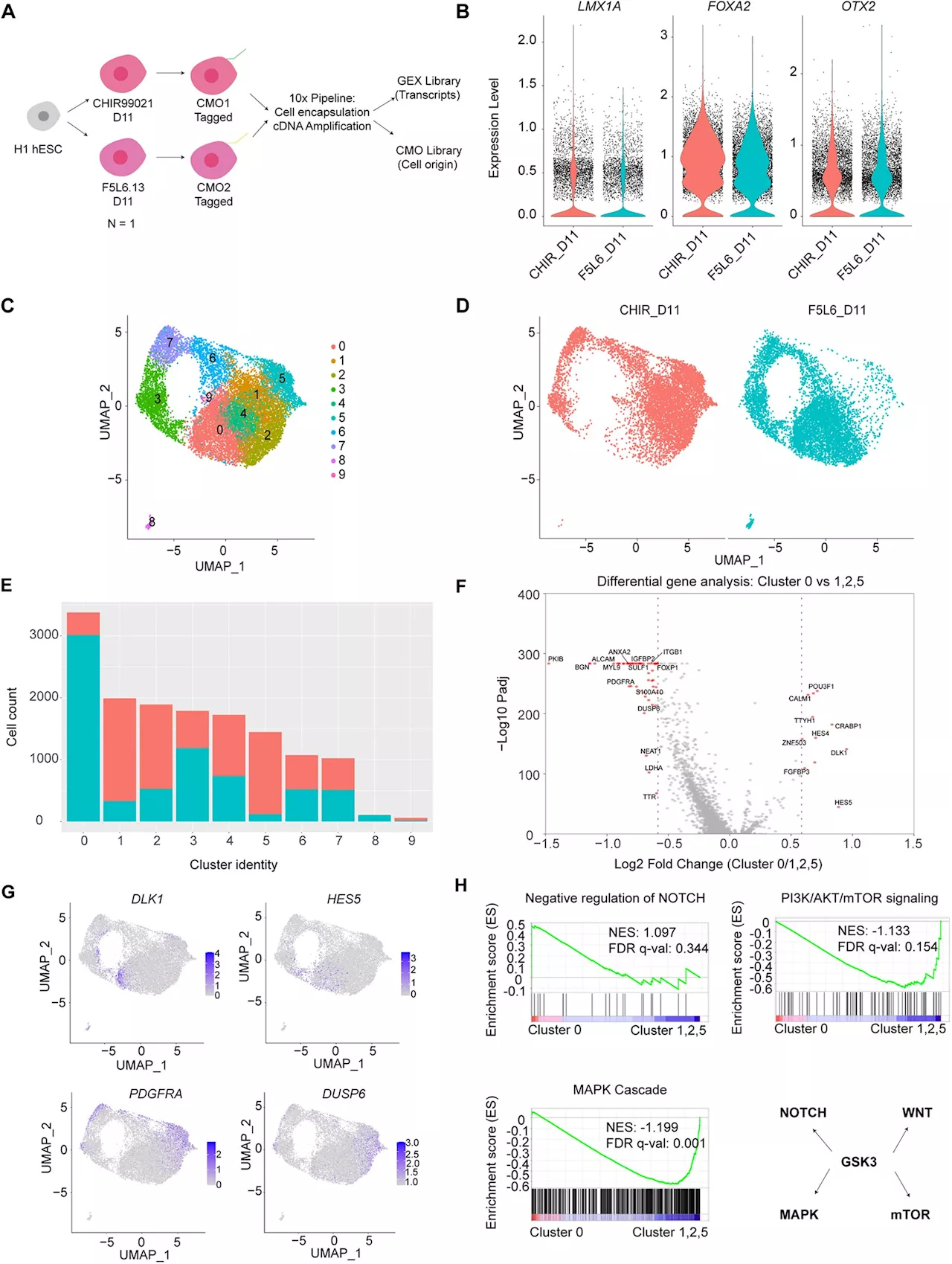 Researchers target neurogenesis in new approach to treat Parkinson's diseaseResearchers at the University of Toronto have found a way to better control the preclinical generation of key neurons depleted in Parkinson's disease, pointing toward a new approach for a disease with no cure and few effective treatments.
Researchers target neurogenesis in new approach to treat Parkinson's diseaseResearchers at the University of Toronto have found a way to better control the preclinical generation of key neurons depleted in Parkinson's disease, pointing toward a new approach for a disease with no cure and few effective treatments.
Read more »
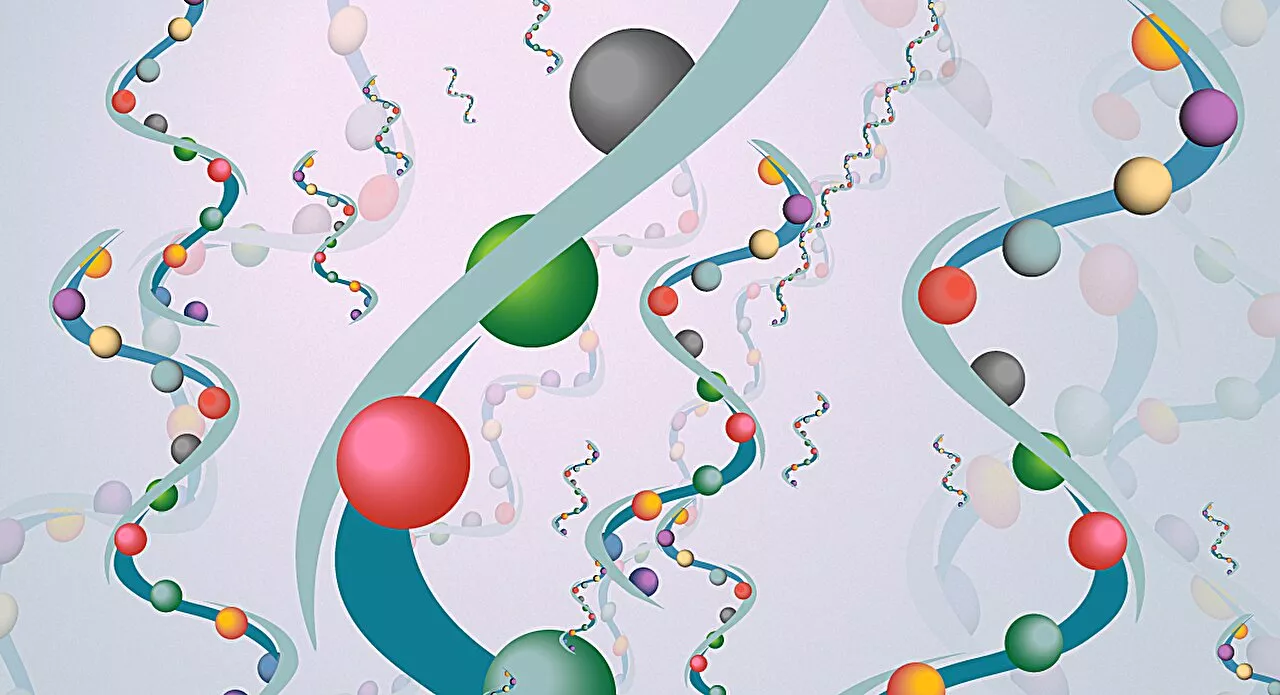 Researchers reveal a new approach for treating degenerative diseasesProteins are the workhorses of life. Organisms use them as building blocks, receptors, processors, couriers and catalysts. A protein's structure is critical to its function. Malformed proteins not only fail to carry out their tasks, they can accumulate and eventually gum up the inner workings of cells.
Researchers reveal a new approach for treating degenerative diseasesProteins are the workhorses of life. Organisms use them as building blocks, receptors, processors, couriers and catalysts. A protein's structure is critical to its function. Malformed proteins not only fail to carry out their tasks, they can accumulate and eventually gum up the inner workings of cells.
Read more »
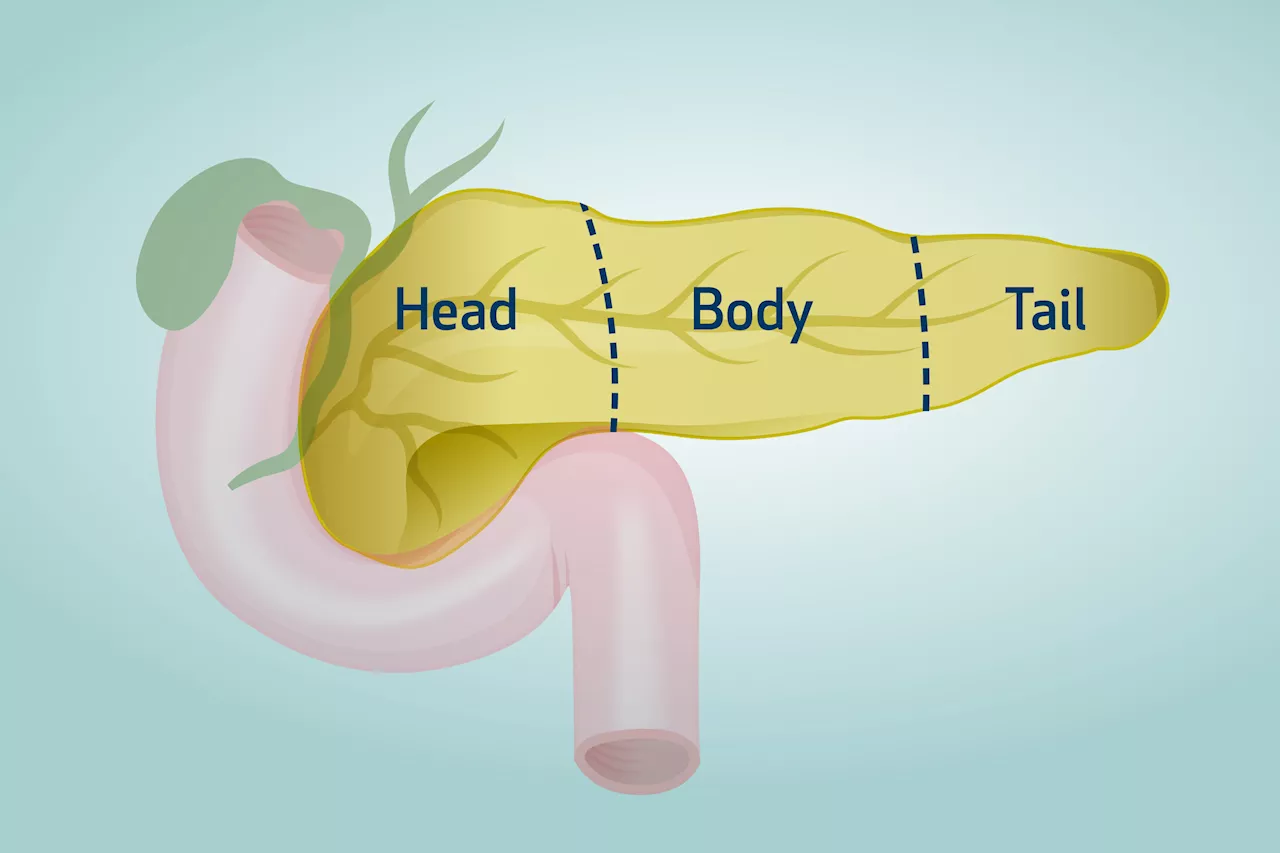 Researchers find difference in pancreatic cancer cells, offering new hope for immunotherapy effectivenessA new study has found that pancreatic cancer cells are different based on their location in the pancreas, providing new information about tumors that could lead to better targeted treatments.
Researchers find difference in pancreatic cancer cells, offering new hope for immunotherapy effectivenessA new study has found that pancreatic cancer cells are different based on their location in the pancreas, providing new information about tumors that could lead to better targeted treatments.
Read more »
